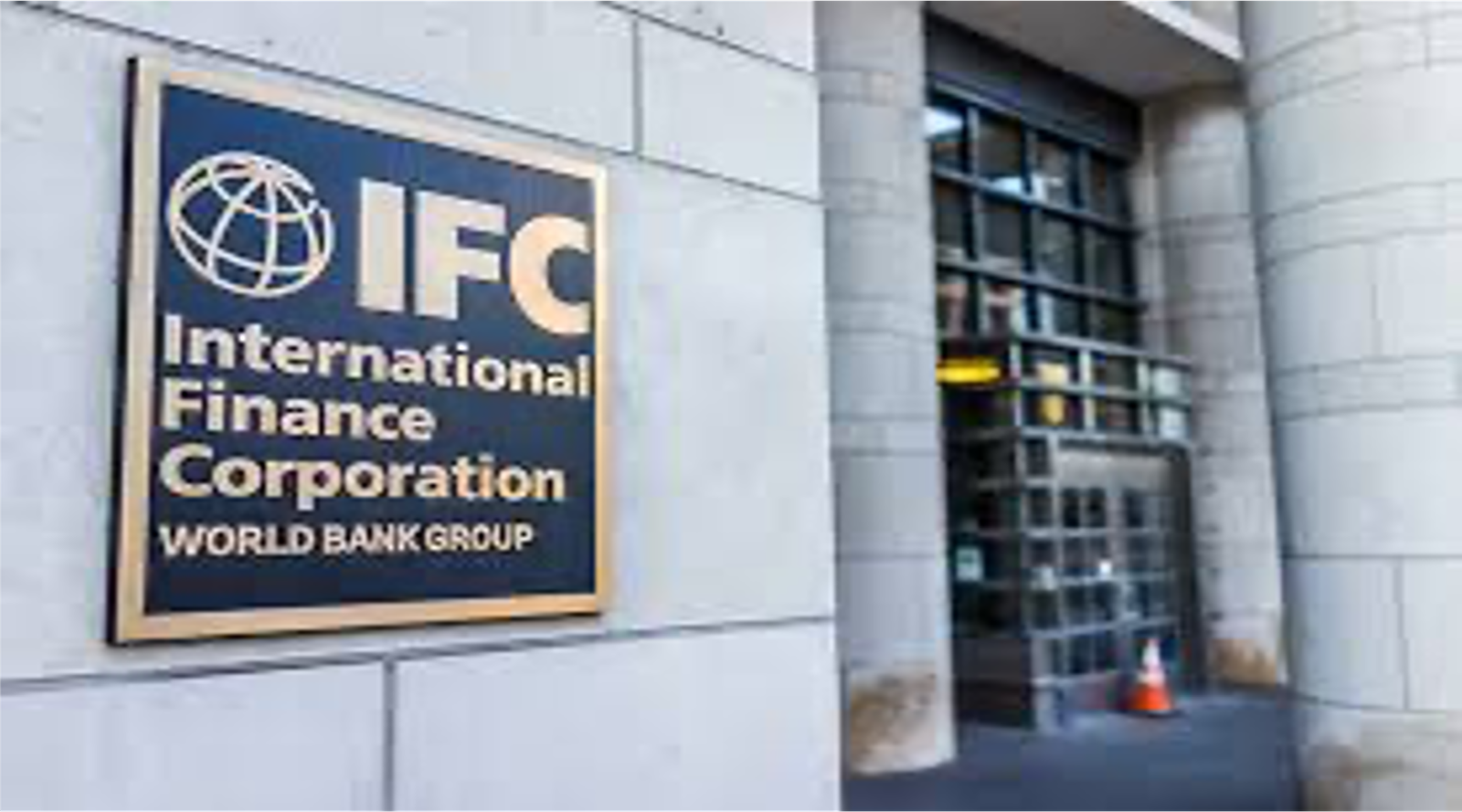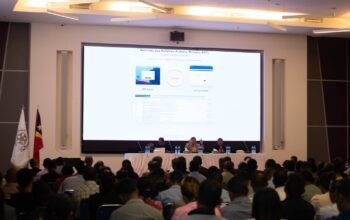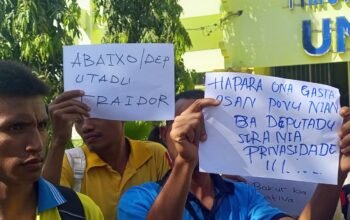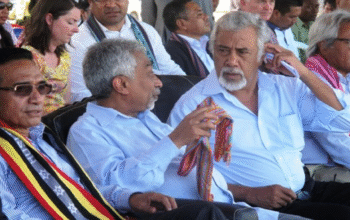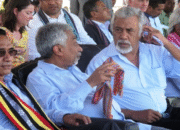NOTÍSIA LITERÁRIA, (LIBERDADETL.com) — Timor-Leste has taken a transformative step to unlock private sector financing by approving a Secured Transactions Law. Supported by the International Finance Corporation (IFC), a member of the World Bank Group and the largest global development institution focused on the private sector in emerging markets, the reform is expected to broaden access to credit, particularly for small and medium enterprises (SMEs) including agribusinesses, driving financial inclusion, job creation, and inclusive economic growth.
Limited financing options have long constrained private sector growth in Timor-Leste, with only 8.3 percent of companies able to secure bank loans or lines of credit, far below the 30-40 percent seen in reformed developing economies and over 50 percent in developed markets. According to World Bank data, lending to the private sector in Timor-Leste stands at 34.5 percent of GDP. A key barrier is the difficulty of taking security interests or collateral, which undermines business lending. The new law tackles this issue by introducing a unitary framework with clear, consistent rules for all types of secured transactions.
This initiative is supported by IFC and made possible with support from the governments of Australia and New Zealand. It will reduce risks for lenders, increase legal certainty, and strengthen confidence in the credit system, encouraging greater investment in the country.
“Access to credit is essential for economic growth and job creation,” said Helder Lopes, Governor of Banco Central de Timor-Leste. “This reform is a strategic milestone for Timor-Leste’s development and its ASEAN integration. By enabling businesses to leverage their movable assets for financing and introducing a transparent, efficient collateral registry, the new law will empower entrepreneurs, support SMEs, and drive sustainable economic progress.”
The reform draws on international best practices, including the UNCITRAL Model Law and Legislative Guide on Secured Transactions. It incorporates lessons from more than 130 economies that have updated their secured transactions frameworks and is tailored specifically to Timor-Leste’s needs. .
A key feature of the new law is the establishment of a single, online, and publicly accessible collateral registry. This platform will allow lenders to register their security interests in movable assets, such as equipment, inventory, or receivables, making those rights legally effective against third parties.
“Implementing a modern secured transactions framework is one of the most effective ways to unlock capital for businesses,” said David Freedman, WBG Representative for Timor-Leste. “This reform will allow banks and financial institutions to develop new products and services that support the growth of the private sector and strengthen capital market development, ultimately helping to create jobs and diversify Timor-Leste’s economy.”
As the Secured Transactions Law takes effect, it is expected to catalyze a higher volume of credit in Timor-Leste, supporting entrepreneurship, creating employment opportunities, and helping to build a more inclusive and resilient economy.

